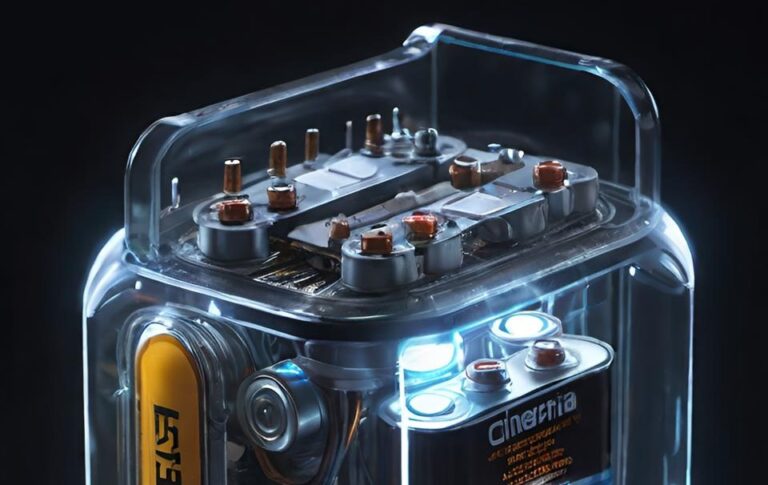Do you ever find yourself rummaging through household drawers to find a working remote control? Many of us have a collection of electronic devices that we only use occasionally, such as remote controls for our TVs, air conditioners, or DVD players. But did you know that keeping the batteries inside these devices when they’re not in use can lead to serious damage and a shortened lifespan?
It’s easy for leaking battery acid to damage sensitive Printed Circuit Boards (PCBs) and delicate components within electronic devices. Battery leakages are more likely to occur when batteries are left inside devices for extended periods without use. Even though it may seem convenient to leave the batteries in, it’s crucial to remove them from seldomly used electronic devices to prolong their lifespan.
Leaving unused batteries inside a remote control or other electronic equipment can lead to various issues, including:
1. Battery leakages: Over time, the chemical reactions inside batteries can cause them to leak. When the battery acid leaks out, it can corrode the metal contacts and other parts of the device, resulting in malfunction or total failure.
2. Corrosion on the PCBs: Battery acid is highly corrosive, and when it comes into contact with the sensitive Printed Circuit Boards (PCBs) found in electronic devices, it can eat away at the copper traces and other components. This corrosion can disrupt the electrical connections and cause the device to stop working altogether.
3. Damage to delicate components: Electronic devices contain many delicate components that can be easily damaged by battery acid. Components like microchips, resistors, capacitors, and transistors can all be corroded or destroyed, rendering the device useless.
To avoid these potential disasters and extend the lifespan of your electronic devices, it’s essential to make a habit of removing the batteries when they’re not in use. Here’s a simple step-by-step guide to help you:
1. Locate the battery compartment on your electronic device. It is usually on the back or bottom and can be opened by sliding or removing a cover.
2. Check if the batteries are still good. If they show signs of leakage or are past their expiration date, safely dispose of them immediately following proper battery recycling guidelines.
3. Remove the batteries from the compartment by gently pushing or sliding them out.
4. Inspect the inside of the battery compartment for any signs of battery acid leakage. If you notice any corrosion or residue, clean it thoroughly using a cotton swab dipped in a mixture of water and vinegar or isopropyl alcohol.
5. Once the compartment is clean and dry, store your remote control or other electronic device in a safe place until it is needed again.
Frequently Asked Questions:
Q: How often should I check the battery compartment of my remote control for leakage?
A: It is recommended to check the battery compartment every three to six months or as needed. If you notice any signs of leakage, remove and replace the batteries immediately.
Q: Can I leave rechargeable batteries in my electronic devices?
A: Rechargeable batteries can also leak if left unused for an extended period. It’s best to remove them, especially if the device won’t be used for a while.
Q: Are there any precautions I can take to prevent battery leakage?
A: Yes, always remember to:
– Insert the batteries correctly, following the polarity markings.
– Avoid mixing different types of batteries.
– Replace all batteries at the same time.
– Store batteries in a cool and dry place away from direct sunlight.
By following these simple steps and removing batteries from rarely used electronic devices like remote controls, you can prevent potential damage, leaks, and corrosion. With a little care and maintenance, you can ensure your remote control is always ready to use when you need it. Share this valuable information with your friends and help them protect their electronic devices too!
